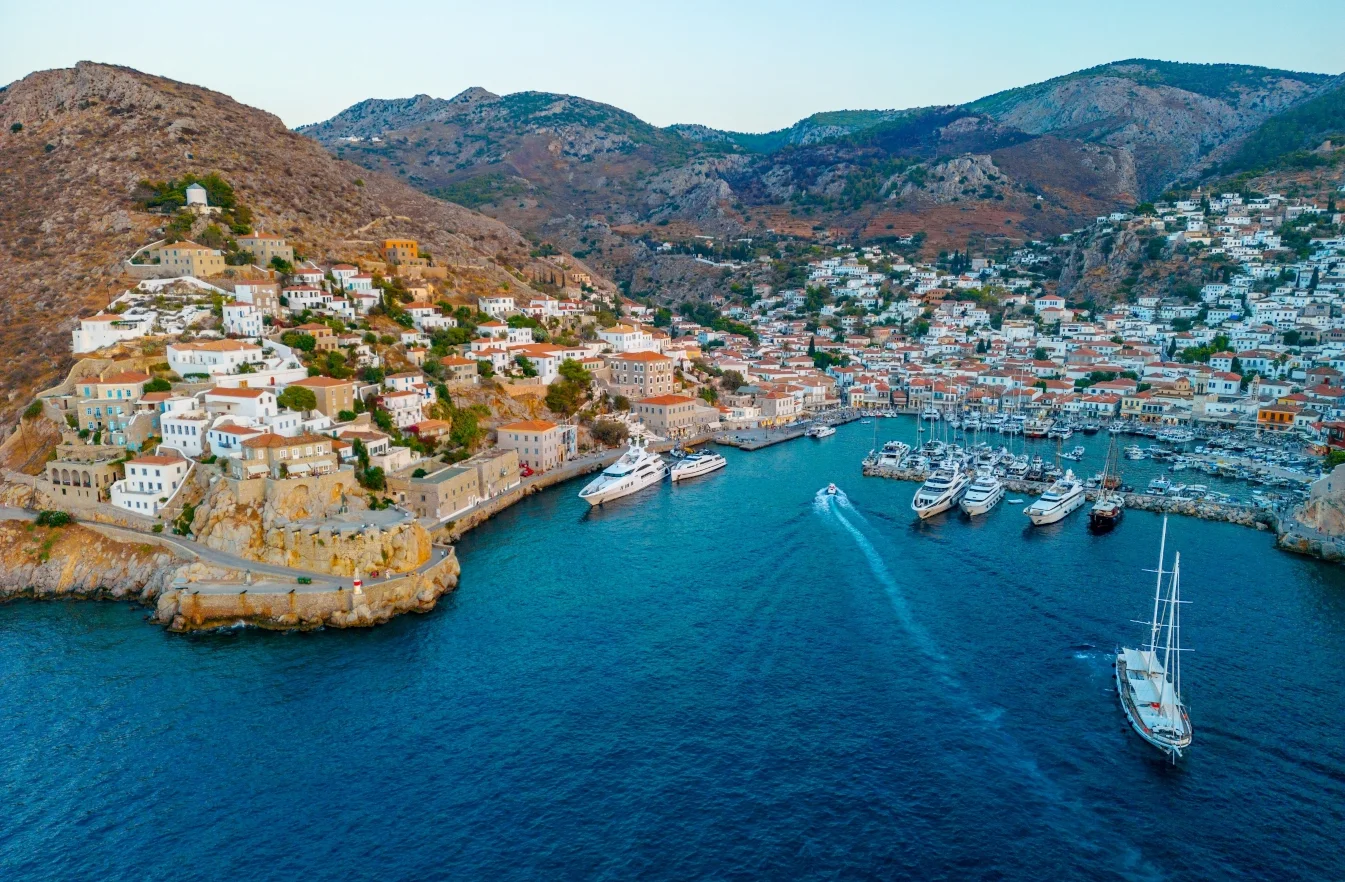The oldest city in Arcadia is not only considered the oldest in its region but also the oldest city on the entire planet.
According to Pausanias in his Arcadica, ancient Lycosura was the first city to see the sun, older than any other city on land or islands, making it the very first city to be founded in the world.
Ancient Lycosura was founded by Lycaon, the first king of the Arcadians and son of Pelasgus. It became the capital of Arcadia until it was later moved to Cleitor by Cleitor, the fifth king of Arcadia.
Lycaon, with more experience than his father, did the following: he settled the city of Lycosura on Mount Lycaeus, gave Zeus the epithet "Lycaeus," and founded the Lycaea, a festival featuring athletic competitions. I believe that the Athenian Panathenaic Festival was not founded by the Lycaea; the Athenian festival was called the Athenaia, and it was named Panathenaia during the time of Theseus because it was celebrated by all Athenians after they unified into one city.
A little higher up lies the enclosure of the walls of Lycosura, within which a few residents still live. Lycosura is the oldest of all cities ever built, both on the mainland and islands—the first city to see the light of day. It served as a model for the founding of other cities. To the left of the sanctuary of Despoina is Mount Lycaeus, which some Arcadians refer to as Olympus or the Sacred Peak. It is said that Zeus was raised on this mountain. There is also an area on Mount Lycaeus called Cretea, located to the left of the grove of the Parassian Apollo. The Arcadians claim that this is the place where Zeus was raised according to the traditions of the Cretans, rather than the island of Crete.












